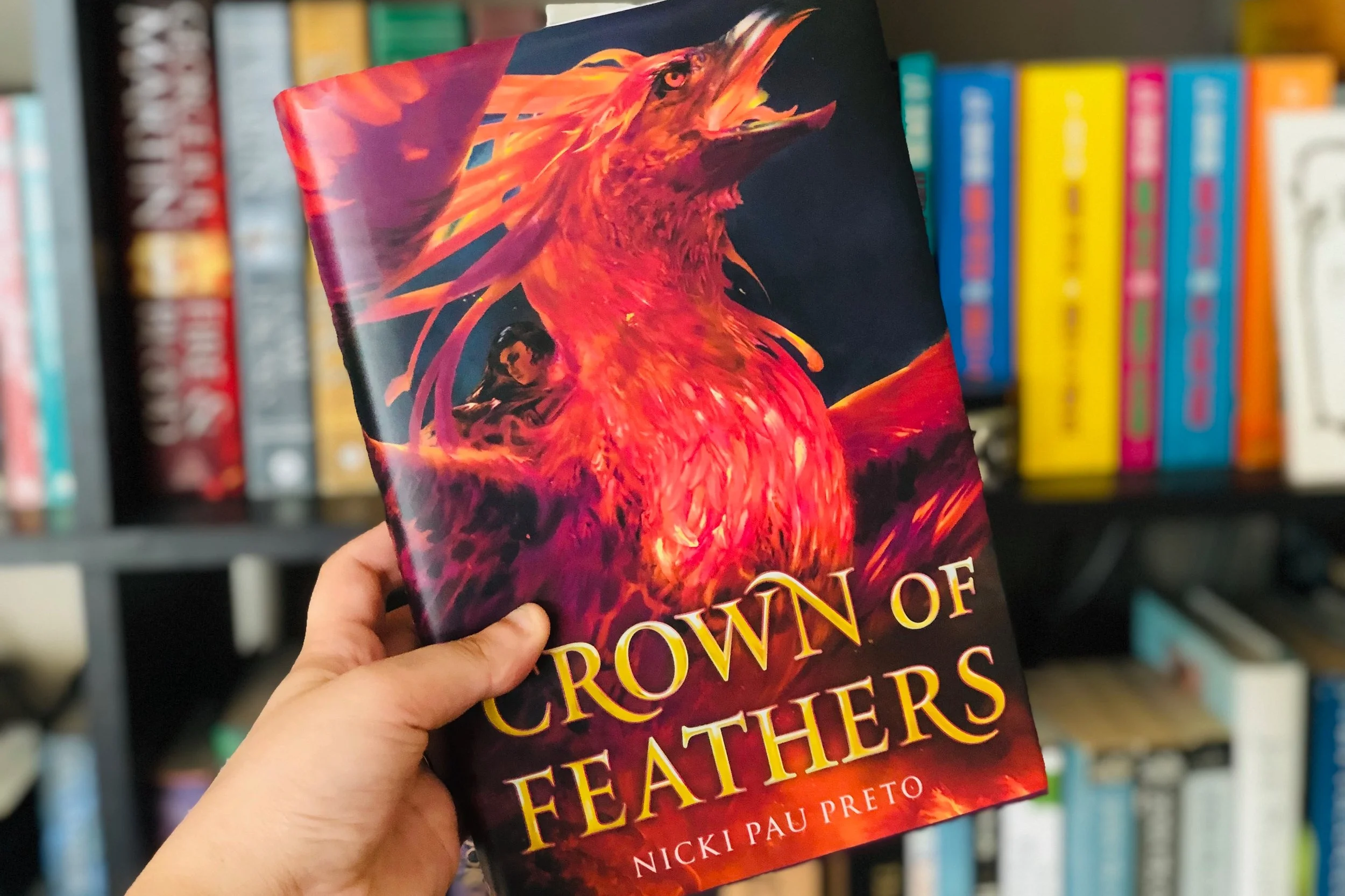The Gender Games series by Bella Forrest takes readers on a compelling journey into a dystopian world divided between two starkly contrasting nations: Matrus and Patrus. These countries are governed by flawed monarchies that resist change at all costs. In Matrus, young boys must undergo a test to prove their non-aggressive nature, while in Patrus, women have no rights and are completely subservient to their male guardians. The series revolves around power-hungry leaders manipulating their citizens, sparking a rebellion that aims to expose deception and save both nations from their destructive paths.
As a reader who once delved into the study of gender issues in dystopian novels, I was initially excited about the series, hoping for a profound exploration of gender dynamics. However, I was disappointed that the narrative didn't delve deeper into issues like consent and LGBTQ+ representation. In a seven-novel series, the absence of trans or gay characters was a noticeable gap. The lack of diverse sexual orientations among the characters felt like a missed opportunity to expand the story's scope.
The series spans seven books, and the pacing in the first two books is well-balanced, each presenting a central problem that finds resolution by the end. However, as the series progresses, the distinct conflicts in each novel become less clear. While there is an overarching conflict throughout the series, it would have been more engaging if each book maintained its unique problem to solve. Despite these pacing issues, the story remains intriguing, and the world-building is skillfully executed, making it a captivating read overall.
The true strength of The Gender Games series lies in its characters. Despite its flaws, the characters are compelling, each with unique stories and motivations. Viggo and Violet, the central characters, are passionate and driven, making their actions and choices compelling. Additionally, the supporting characters shine just as brightly, if not more so, than the protagonists. The introduction of new supporting characters throughout the series adds depth, with each character boasting a distinct history and personality. Notably, Violet's younger brother, Tim, stands out with his endearing combination of a bubbly personality and limited speech.
Among the seven novels, The Gender Secret stands out as a favourite. The progression of Violet and Viggo’s relationship adds depth and intrigue to the story, as conspiracies unravel and alliances shift. The unpredictable nature of events in this installment keeps readers on the edge of their seats. Furthermore, the introduction of new characters adds freshness to the narrative, making it a highly engaging read.
In conclusion, The Gender Games series by Bella Forrest offers a unique dystopian world filled with flawed societies and intriguing characters. While the series falls short of fully exploring gender-related issues and lacks LGBTQ+ representation, it compensates with its captivating plot and well-crafted characters. Despite some pacing issues in later books, the overall journey is an enjoyable one.
Would I read this again? Probably not, considering how long the series is. But I don’t regret spending an entire summer reading it. This was the first fantasy series I read after only reading for school (English major problems) so I’m thankful for this series helping me find my love of reading.






























